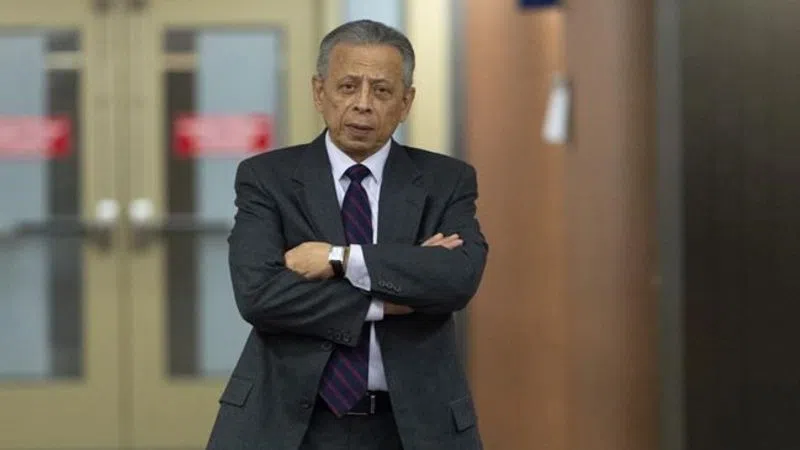
Millions in Bebawi’s accounts were bonuses authorized by SNC bosses: defence
MONTREAL — A jury was told today that millions of dollars that ended up in the accounts of a former SNC-Lavalin executive on trial for fraud and corruption were legitimate bonuses authorized by the company’s president.
Sami Bebawi’s lawyers said in final arguments that the money was paid for their client’s work manoeuvring complicated contracts in Libya.
Defence lawyer Alexandre Bien-Aime says the amounts split between Bebawi and his former subordinate, Riadh Ben Aissa, were compensation for the pair’s work and were authorized by then-president Jacques Lamarre.
The prosecution alleges the engineering giant transferred about $113 million to shell companies used to pay people who helped the company collect money and secure contracts in Libya, beginning in the late 1990s.


